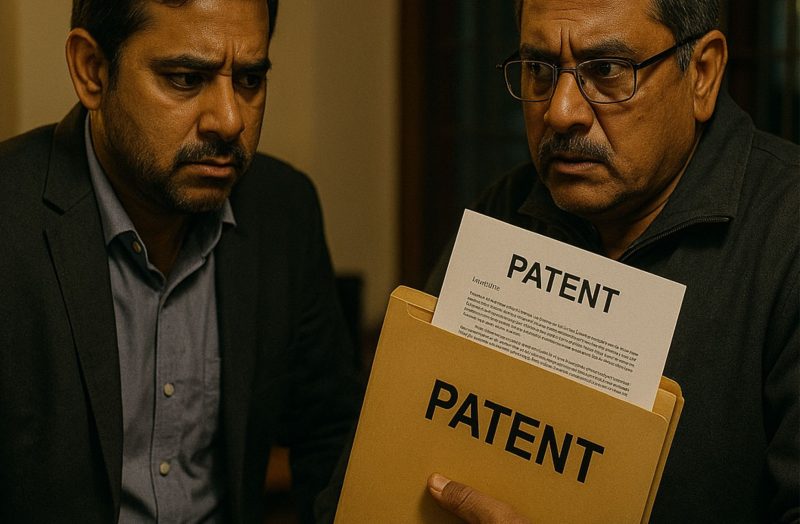M/S N.V. Diamcad vs Assistant Controller: Why the Patent Was Rejected
The case of M/S N.V. Diamcad vs Assistant Controller of Patents & Designs centers on a patent dispute involving a method for locating inclusions in diamonds. The patent application, filed by Diamcad N.V., a Belgian company, along with Mr. Serguei Borisovish Sivovolenko from Russia, was opposed by Sarin Technologies, an Israeli firm. The Assistant Controller of Patents upheld the opposition, leading to an appeal by Diamcad.
Table of Contents
ToggleThe Core Issue: Patent Rejection Due to Anticipation and Insufficiency
The Assistant Controller rejected the patent application on two primary grounds:
- Anticipation: The claimed invention was not novel, as similar methods existed in prior art.
- Insufficiency: The patent specification lacked sufficient detail to enable a person skilled in the art to perform the invention.
Additionally, Diamcad’s request to amend the claims was denied. The Assistant Controller held that the revised claims were not fairly supported by the description and introduced new subject matter, violating Sections 57 and 59 of the Patents Act, 1970.
Procedural Lapse: Non-Disclosure of Opposition Board’s Recommendations
A significant procedural issue arose when the Opposition Board’s recommendations were not provided to Diamcad. The appellant argued that this omission violated the principles of natural justice, as it deprived them of the opportunity to respond to the Board’s findings.
Legal Provisions Involved: Sections 57 and 59 of the Patents Act, 1970
- Section 57: Allows for amendments to a patent application or specification, provided they do not introduce new matter.
- Section 59: Specifies that amendments must be by way of disclaimer, correction, or explanation, and must not broaden the scope of the claims.
The Assistant Controller found that Diamcad’s proposed amendments introduced new subject matter and were not supported by the original description, thus violating these provisions.
Outcome: Appeal Filed by Diamcad
Aggrieved by the Assistant Controller’s decision, Diamcad filed an appeal. The appeal challenged both the substantive grounds of rejection and the procedural lapse concerning the non-disclosure of the Opposition Board’s recommendations.
Key Takeaways for Patent Applicants
- Ensure Novelty and Sufficiency: Patent applications must present novel inventions with sufficient detail to enable replication by a skilled person.
- Careful Amendment Practices: Any amendments to claims must be supported by the original description and must not introduce new matter.
- Procedural Fairness: Applicants have the right to be informed of all recommendations and findings during the opposition process to respond adequately.
This case underscores the importance of thoroughness in patent applications and adherence to procedural fairness during the patent examination and opposition processes.



